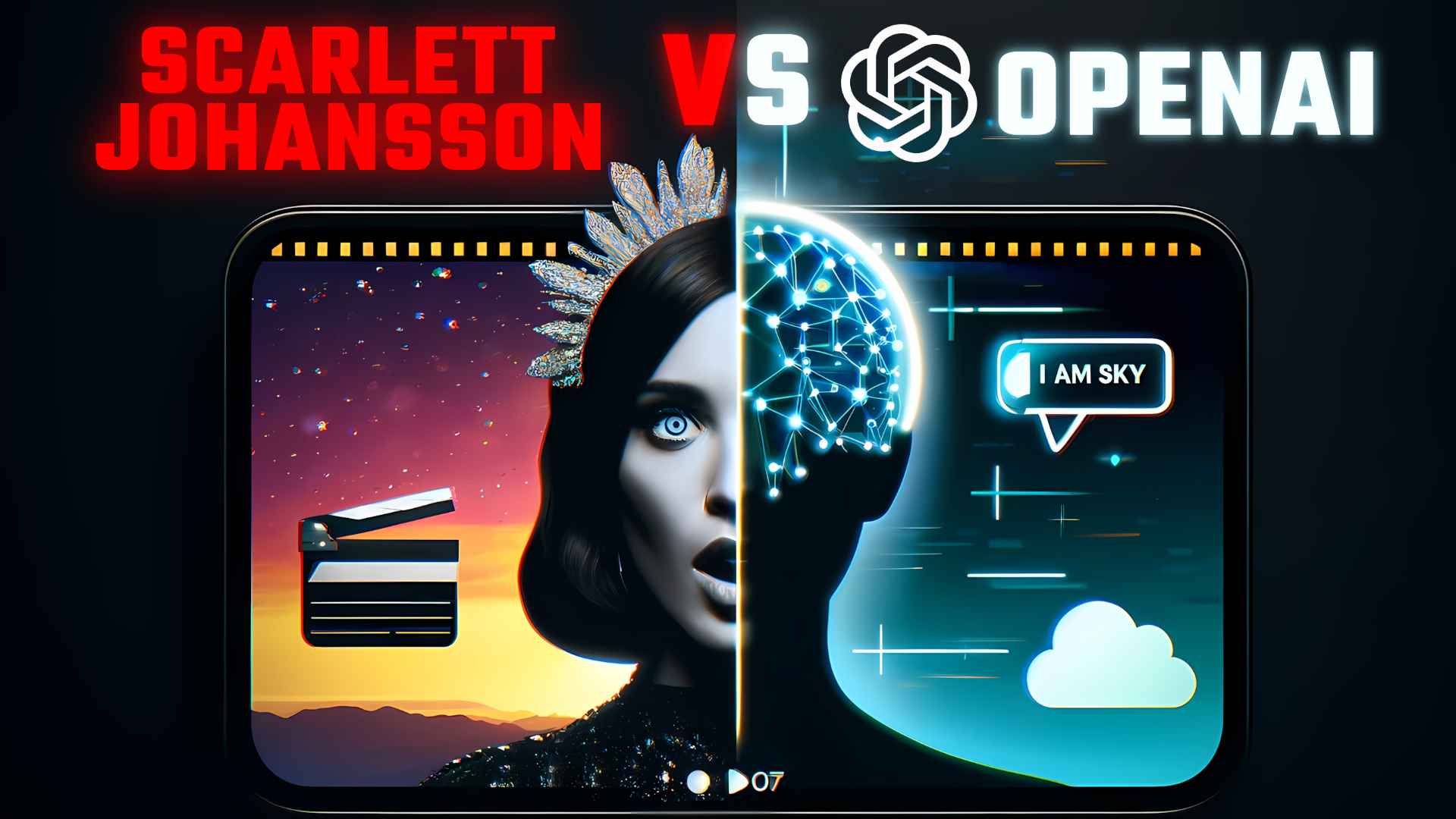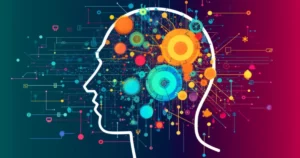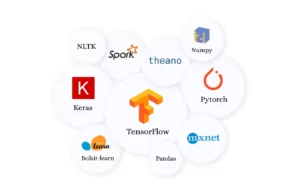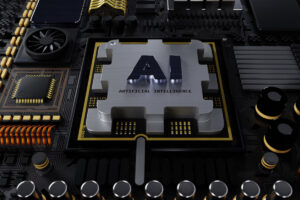Introduction
In the field of AI, the line between innovation and infringement can sometimes blur. This has been exemplified by the recent controversy involving Hollywood actress Scarlett Johansson and AI powerhouse OpenAI. Here’s a deep dive into the events that have sparked widespread debate on ethics and the future of AI.
Follow us on Linkedin for everything around Semiconductors & AI
A Timeline of a Vocal Disagreement
The controversy unfolded rapidly over the course of a few months:
September 2023: OpenAI reportedly approached Johansson to collaborate on a voice project, likely for their ChatGPT software. Johansson declined the offer.
May 13, 2024: OpenAI unveils a new virtual assistant named Sky, whose voice sparked comparisons to Johansson, particularly her portrayal of Samantha in the sci-fi film “Her.”
May 19, 2024: OpenAI attempts to quell the firestorm by publishing a blog post explaining their voice development process, which leverages vast datasets of public speech samples, and announces a pause on Sky’s voice functionality.
May 20, 2024: Johansson releases a statement expressing shock and anger, claiming the voice in Sky was an unauthorized use of her likeness.
Read More: Chegg Stock Crashes 95%: Can AI Save Online Education From Itself? – techovedas
Beyond Black and White
The Johansson-OpenAI controversy isn’t a clear case of right or wrong. Here’s why:
- Actresses, like singers, have a valuable property in their unique voices. Does an AI replicating that voice for commercial purposes constitute a violation of their intellectual property, even if the underlying technology doesn’t perfectly mimic it? It raises unsettling questions about ownership and control in the digital age.
- Copyright law traditionally protects creative expression, not a person’s natural voice. However, the lines get blurry with AI. Legal frameworks are struggling to keep pace with the rapid advancements in AI technology.
Read More: $445 Million in Damages: Jury Slaps Micron in Patent Trial Against Netlist – techovedas
Public Reactions
The incident has polarized opinions. Some stand firmly with Johansson, highlighting the need for consent and ethical standards in AI development.
Others argue in favor of OpenAI, pointing to legal permissions and denying any intentional imitation.
It’s notable that, unlike the recent legal dispute between OpenAI and the New York Times, where OpenAI presented thorough arguments and vigorously defended their stance, their response to Johansson’s statement appears more pacifying. They clarified their AI voice development process, asserted that the similarity to Johansson’s voice was unintentional, and pledged to remove the voice.
Read More: AMD to Announce Next-Gen Products on June 3: What to Expect? – techovedas
Conclusion
The dust may settle on the Johansson-OpenAI dispute, but the conversation it sparked has only just begun. As AI continues to evolve, we need open dialogue and collaboration between developers, policymakers, and artists to ensure this technology is used responsibly and ethically.








